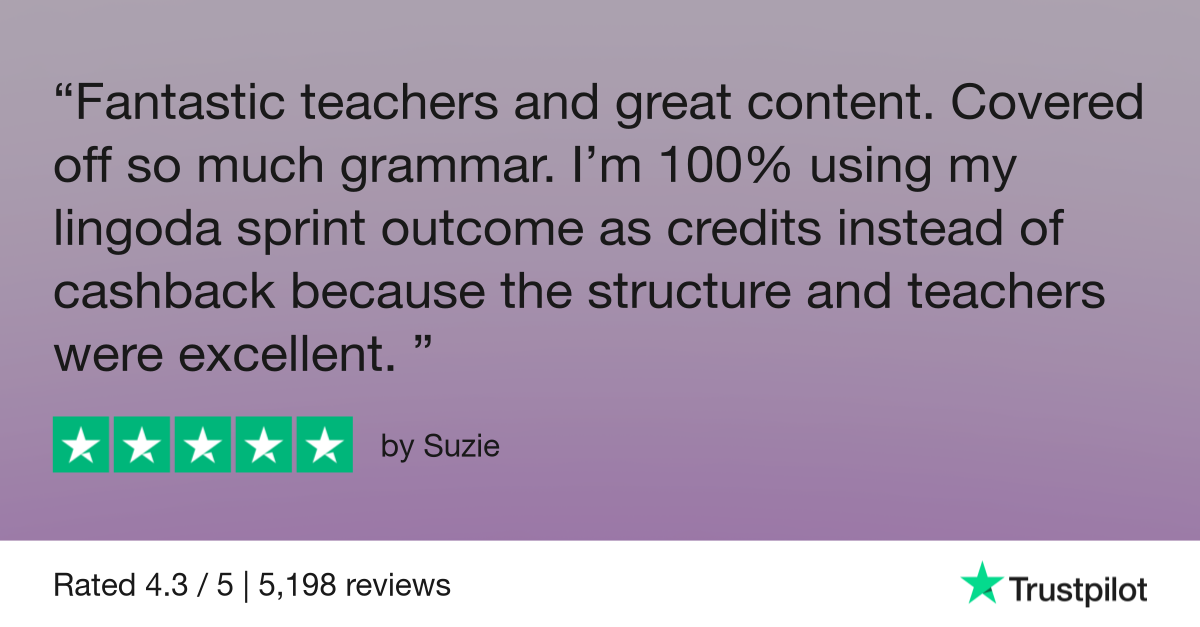Published on April 29, 2025

The 4 seasons in Spanish

Knowing how to talk about the 4 seasons in Spanish will be a great addition to your toolbox, whether you’re looking to learn Spanish to boost your CV, relocate to a sun-soaked Spanish-speaking country or drive personal growth. .
Imagine you’re planning to visit Spain for a seasonal festival, or you’d like to share your favorite summer memories with your Spanish-speaking friends, being able to talk about the seasons will help you express yourself naturally and with precision.
So, let’s dive right into the seasons in the Spanish language, along with some pronunciation tips and grammar rules to guide you along. Ready?
- What are the 4 seasons in the Spanish language?
- How to talk about the seasons in Spanish
- Practice the seasons in context
- FAQs
What are the 4 seasons in the Spanish language?
Let’s get started with the basics! These are the 4 seasons in Spanish and their pronunciation:
| English | Spanish |
| spring | primavera (pree-mah-VEH-rah) |
| summer | verano (veh-RAH-noh) |
| autumn/fall | otoño (oh-TOH-nyoh) |
| winter | invierno (een-VYEHR-no) |
And here are a few common words related to the seasons that might come in handy:
| English | Spanish |
| season | estación (ehs-tah-SYOHN) |
| month | mes (mess) |
| weather | clima (KLEE-mah) |
| year | año (AH-nyo) |
| holiday | vacaciones (vah-kah-SYOH-nehs) |
Now, if you’re looking for some pronunciation tips, let’s take a look at these:
- The ‘v’ in verano is pronounced softer than in English, sounding almost like a ‘b’.
- Remember that the ‘o’ in Spanish is a short sound, just like the ‘o’ in ‘nope’.
- A single ‘r’ in the middle of a word (primavera) is pronounced by lightly tapping the tip of your tongue against the roof of your mouth, similar to the way the ‘t’ sounds in the American English pronunciation of ‘water’.

Learn Spanish with Lingoda
How it works

How to talk about the seasons in Spanish
When it comes to the seasons in Spanish, here are some considerations regarding grammar and spelling to keep in mind:
When to use (or skip) definite articles
All seasons in Spanish, except for primavera, are masculine nouns. Here are the singular and plural forms of each season:
- la primavera / las primaveras
- el verano / los veranos
- el otoño / los otoños
- el invierno / los inviernos
We must also note that, in Spanish, the seasons are usually accompanied by a definite article (la or el), just like in these sentences:
- Mi estación favorita es el verano (My favorite season is the summer).
- Los inviernos son fríos en el norte (Winters are cold in the North).
There are instances where the article is removed, especially when talking about plans around the seasons or specific statements. In these cases, we can utilize a demonstrative adjective or the preposition en (‘in’):
- Me voy de vacaciones en verano (I’m going on holiday in the summer).
- Este invierno será largo (This will be a long winter).
Capitalization and sentence placement rules
In Spanish, the seasons are not capitalized, unless they’re placed at the beginning of a sentence:
- ¿Qué estación es la mejor, primavera o verano? Primavera, creo yo (Which season is the best, spring or summer? For me it’s the spring).
What our students of Spanish say
Common verbs, phrases and terms for each season
Now, let’s explore a few common verbs and Spanish weather-related terms to expand our vocabulary around seasons:
- Primavera:
| English | Spanish |
| Easter | Pascua (also) Semana Santa |
| festival | festival |
| flowers | flores |
| harvest | cosecha |
| to bloom | florecer |
- Verano:
| English | Spanish |
| beach | playa |
| hot | caluroso |
| ice cream | helado |
| summer holiday | vacaciones de verano |
| sunny | soleado |
| to swim | nadar |
- Otoño:
| English | Spanish |
| leaf | hoja |
| lluvia | rain |
| orange | naranja |
| Thanksgiving | Acción de Gracias |
| wind | viento |
- Invierno:
| English | Spanish |
| Christmas | Navidad |
| cloudy | nublado |
| cold | frío |
| dark | oscuro |
| snow | nieve |
And here are a few phrases you can use to talk about the seasons:
- My favorite season is… winter/summer (Mi estación favorita es el… invierno/verano).
- I don’t like… spring/autumn (No me gusta… la primavera/el otoño).
- I’ll travel during the… summer/winter holidays (Viajaré en las vacaciones de… verano/invierno).
- The rainy season is in the summer (La temporada de lluvias es en el verano).
Practice the seasons in context
One of the best ways to learn Spanish is by practicing new vocabulary in context. How can we do this? Here are some tips:
- Watch movies and shows: Look for movies and shows in Spanish that center around seasonal themes (think Christmas or summer vacation stories!). First, watch with English subtitles, and when you feel ready, turn them off and practice your listening. Make a list of all the new vocabulary you’re learning.
- Read children’s books: Children’s books are perfect for beginner and intermediate learners. The language is simple, so you won’t feel overwhelmed.
- Keep a diary: Practice what you’re learning by writing your own content. Focus on topics like the weather, summer memories and holiday plans. This is a great memory exercise!
- Join lessons: There’s nothing like learning from a professional. At Lingoda, our expert native-level teachers help you practice vocabulary in real-life situations, so you can start speaking from day 1.

Learn Spanish with Lingoda
How it works

How do the seasons correspond to months in Spanish-speaking countries?
Spanish-speaking countries are spread throughout the Northern and Southern Hemispheres. Countries like Mexico and Spain enjoy the summer at the same time as the US (June-September), while in Argentina, Chile, and others, this season falls between December and March.
Are there different words for “season” in Spanish?
In Spanish, it’s also common to use temporadas to talk about the rainy or dry seasons (temporada de lluvias, temporada de sequía). This is because weather changes can significantly impact farming and local economies, as well as rural areas.
No matter the season…
Learning the seasons in Spanish early on is a great way to improve your language skills around everyday topics such as the weather, holidays and even childhood anecdotes. They’re the perfect conversation starter!
And if you’re ready to upgrade your Spanish even more, we’ve got you. Our fantastic teachers, flexible scheduling and small group lessons will give you all the confidence you need to take your Spanish to the next level – no matter the season!
















